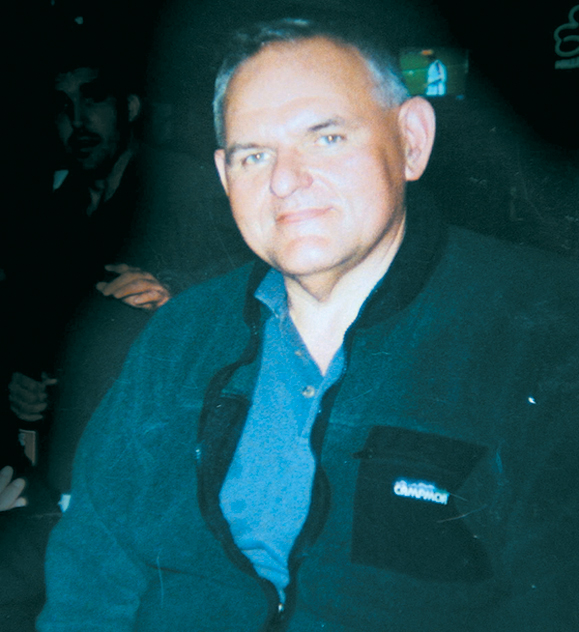The FBI and the British intelligence agency, MI5, operated American spy David Rupert in the Republic of Ireland for four years without telling the Irish authorities. Rupert is the key witness against Michael McKevitt, who will be tried in a Dublin court for directing terrorism. McKevitt is the alleged head of the Real IRA, the Republican splinter group that carried out the Omagh bombing.
Extensive intelligence documents seen by The Irish Voice reveal that the FBI and the MI5 deliberately withheld information on Rupert’s activities from the Irish garda (police) from late 1996 until 2000. This may prove highly embarrassing for the garda when the information emerges in the course of the trial and will have serious implications for future proceedings against McKevitt.
The documents indicate that it was MI5 — not the gardai — who drove the intelligence operation against McKevitt and that initially, Rupert pleaded with the FBI and MI5 not to put him on the stand. “I have no intention of me being used as a witness,” he told his MI5 handlers via e-mail the year before McKevitt’s arrest in late March, 2001.
MI5’s response of May, 2000 stated, “We have no plan on asking you to testify…That is not to say that we could not plan and execute one of the most meaningful cases in the history of Irish terrorism…I want you to read the section on testifying in the new contract. It would be worth your while to consider testifying against McKevitt.”
From 1994 until early 1996, Rupert worked for the FBI, reporting to FBI handler Ed Buckley on American Irish support groups, including the Irish Freedom Committee (IFC). The IFC was aligned to Republican Sinn Féin, a Republican splinter group that split with Sinn Féin in 1986.
In 1995, he took a lease on a pub in Co. Leitrim while forming links with Republicans, mainly in the Donegal area. The following February, the FBI directed him to report to Detective Chief Superintendent (now Assistant Garda Commissioner) Dermot Jennings at Garda Headquarters in Dublin. Around this time, the FBI began to take a back seat.
He returned to the U.S. and was redeployed by the FBI. Not only do the FBI appear to have backed Rupert in the dispute, but they also indicated that the gardai were not competent to run agents such as Rupert. One comment reads, “We should have been looking over our shoulders.”
Rupert was briefed by the MI5 around September 1997 and ordered to find out if “Slab” Murphy, the alleged chief of staff of the Provisional IRA, was wavering over the Provisional’s peace strategy. As a cover he was told to use the name of a television journalist in Chicago who was interested in broadcasting a program on the Irish peace process. The Real IRA was formed following the IRA split that October: By 1999, Rupert had apparently worked his way into the heart of the organization.
MI5 documentation shows that Rupert demanded £5 million to testify against McKevitt. There is nothing in the documentation to show that Rupert was in fact paid to give evidence against McKevitt, but by October, he had “tentatively agreed to testify.” This agreement was conditional “on the right financial terms being reached,” he stated.
Ultimately it is up to the Court to assess the credibility of Rupert. The state is expected to strongly refute allegations that his testimony was obtained by threats or inducements.
McKevitt is charged with membership in the IRA between August 1999 and March 2001 and with directing the activities of the organization. The directing charge carries a penalty of life imprisonment. In general, the opinion of a garda chief superintendent is sufficient to sustain a membership charge, but the state’s case on the directing charge rests totally on the testimony of Rupert. ♦


Leave a Reply